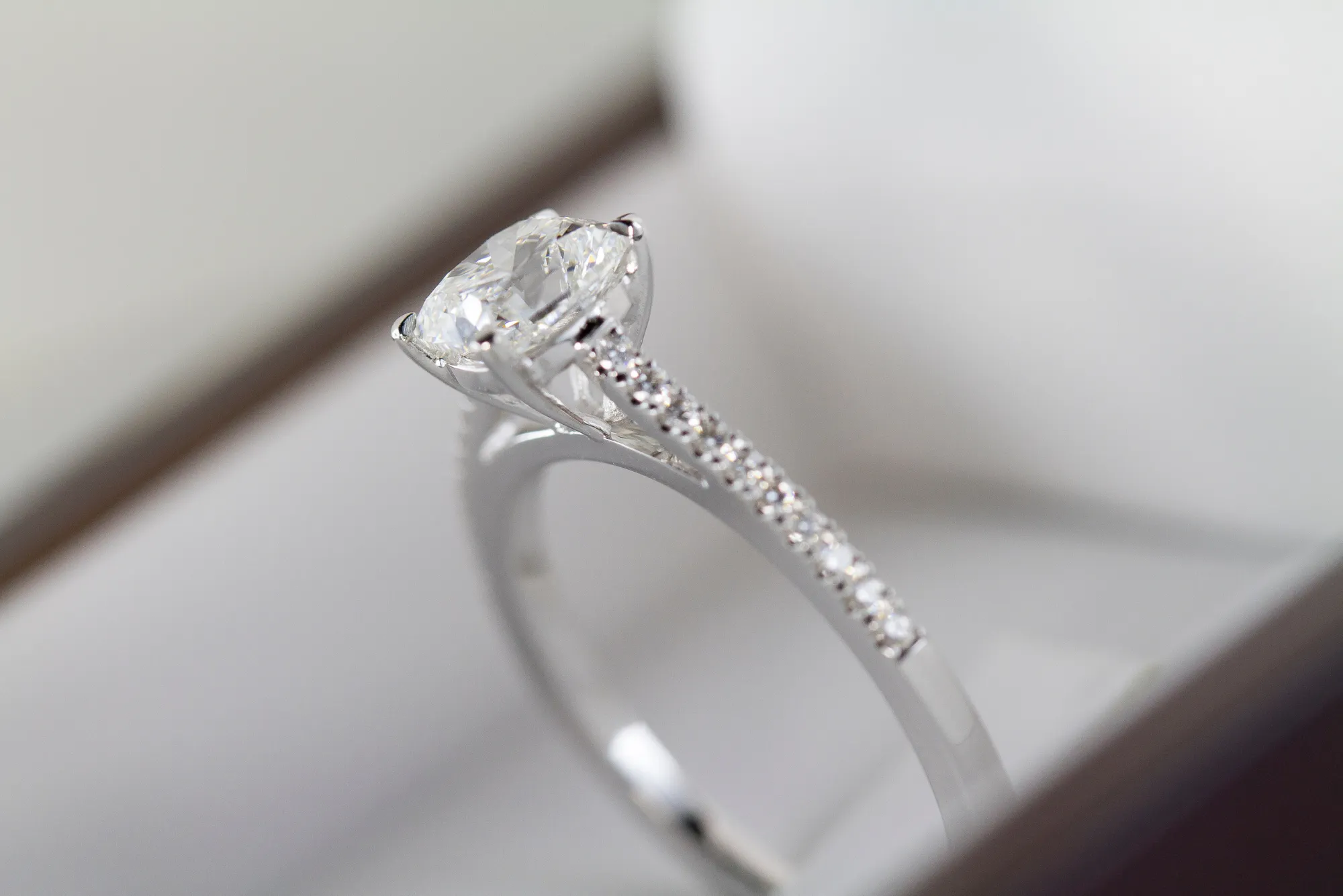Introduction
Regular maintenance is essential to keeping your air conditioning (AC) system efficient. One crucial but often overlooked aspect is changing the AC filter. A clean filter ensures optimal airflow, reduces strain on the system, and improves indoor air quality. Neglecting this simple task can lead to increased energy bills, reduced cooling capacity, and even system failure. In this guide, we explore the benefits of regular AC filter changes and provide a step-by-step approach to maintaining your AC unit.
Why Regular AC Filter Changes Matter
Changing your AC filter regularly plays a vital role in maintaining efficiency and longevity. Dirty filters restrict airflow, forcing the system to work harder to cool your space. This results in higher energy consumption and reduced cooling efficiency. Additionally, clogged filters trap dust, pollen, and other airborne particles, compromising indoor air quality. By replacing your filter, you ensure your AC runs smoothly, consumes less energy, and provides cleaner air.
Benefits of Regular AC Filter Replacement
Regular AC filter changes offer multiple benefits, including:
- Improved Energy Efficiency: Clean filters allow unrestricted airflow, reducing the workload on the AC unit and lowering energy bills.
- Enhanced Air Quality: Filters trap dust, allergens, and pollutants, ensuring a healthier indoor environment.
- Prolonged AC Lifespan: Less strain on the system reduces wear and tear, preventing costly repairs and extending the unit’s life.
- Optimal Cooling Performance: A well-maintained AC provides consistent cooling without overworking the compressor.
- Lower Maintenance Costs: Preventative maintenance reduces the risk of system failures, saving you money on repairs.
How to Change Your AC Filter Step by Step
Maintaining your AC filter is a simple task that significantly impacts efficiency. Digital Ranker Dubai Follow these steps to replace your filter correctly:
Turn Off the AC Unit
Before starting, turn off your AC to prevent any dust or debris from circulating.
Locate the Filter
Filters are typically found in the return air duct or inside the air handler. Check your AC manual for the exact location.
Remove the Old Filter
Carefully slide out the old filter. If it appears dirty or clogged, it’s time for a replacement.
Check the Filter Size
Ensure you purchase the correct filter size. The dimensions are usually printed on the old filter’s frame.
Insert the New Filter
Place the new filter in the same orientation as the old one. graphic design company Follow the airflow arrows on the frame for proper installation.
Turn the AC Back On
Once the new filter is in place, turn the system back on and enjoy improved efficiency and air quality.
How Often Should You Change Your AC Filter?
The frequency of filter changes depends on several factors:
- Every 1-2 months: If you have pets, allergies, or live in a high-dust area.
- Every 3 months: For standard households without specific air quality concerns.
- Every 6 months: If the AC is used infrequently or in a vacation home.
Signs That Your AC Filter Needs Replacement
To ensure optimal performance, watch for these signs indicating it’s time for a new filter:
- Reduced airflow and weak cooling.
- Increased dust buildup on vents and surfaces.
- Higher energy bills due to reduced efficiency.
- Unpleasant odors from the AC unit.
- Allergy symptoms or respiratory discomfort.
The Impact of Neglecting Filter Changes
Failing to change your AC filter can lead to serious problems, including:
- Higher Energy Costs: A clogged filter makes the AC work harder, consuming more electricity.
- Poor Indoor Air Quality: Dust and allergens circulate throughout your home, causing health issues.
- System Malfunctions: Excessive strain on components can lead to breakdowns and expensive repairs.
- Frozen Coils: Restricted airflow can cause the evaporator coils to freeze, affecting cooling efficiency.
Frequently Asked Questions (FAQs)
1. Can I clean and reuse my AC filter?
Some filters are washable, but most disposable filters should be replaced regularly for optimal performance.
2. What type of AC filter should I use?
The best filter depends on your needs. HEPA filters provide superior air quality, while standard fiberglass filters are budget-friendly.
3. How does a dirty filter affect energy bills?
A clogged filter forces the system to work harder, leading to higher energy consumption and increased utility bills.
4. Does a clean AC filter prevent allergies?
Yes, a clean filter traps allergens and pollutants, improving indoor air quality and reducing allergy symptoms.
5. Where can I buy replacement AC filters?
Filters are available at home improvement stores, HVAC suppliers, and online retailers.
Regular AC filter changes are essential for maintaining efficiency, reducing energy costs, and improving air quality. By following the step-by-step guide outlined above, you can ensure optimal AC performance year-round. If you need professional assistance, consider contacting Digital Ranker Dubai for expert HVAC services. For additional services such as logo and branding, check out our graphic design company. To find us easily, visit our Digital Ranker Dubai Location.



